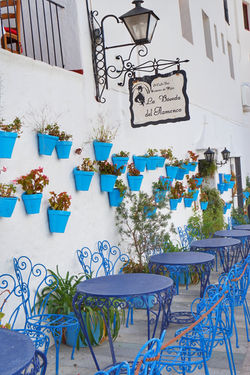
Mijas
 Przewodnik Malaga - Mijas |  Przewodnik Malaga - Mijas |
|---|---|
 Przewodnik Malaga - Mijas |  Przewodnik Malaga - Mijas |
 Przewodnik Malaga - Mijas |  Przewodnik Malaga - Mijas |
 Przewodnik Malaga - Mijas |  Przewodnik Malaga - Mijas |
 Przewodnik Malaga - Mijas |  Przewodnik Malaga - Mijas |
 Przewodnik Malaga - Mijas |  Przewodnik Malaga - Mijas |
 Przewodnik Malaga - Mijas |  Przewodnik Malaga - Mijas |
 Przewodnik Malaga - Mijas |  Przewodnik Malaga - Mijas |
 Przewodnik Malaga - Mijas |  Przewodnik Malaga - Mijas |
 Przewodnik Malaga - Mijas |  Przewodnik Malaga - Mijas |
 Przewodnik Malaga - Mijas |  Przewodnik Malaga - Mijas |
 Przewodnik Malaga - Mijas |  Przewodnik Malaga - Mijas |
 Przewodnik Malaga - Mijas |  Przewodnik Malaga - Mijas |
 Przewodnik Malaga - Mijas |  Przewodnik Malaga - Mijas |
 Przewodnik Malaga - Mijas |  Przewodnik Malaga - Mijas |
Mijas, contrary to appearances, it is one thing of the largest towns in the province of Malaga with an area 147 km² consisting of 3 different districts: Mijas Pueblo, Mijas Costa and Mijas la Cala. The most popular, attracting many tourists and fans of Andalusian white villages, is Mijas Pueblo.
For some, commercial, too touristic, or controversial with donkeys. I, surprisingly and contrary to the opinions I read, I have always found peace and Andalusian traditions here, lazily strolling between the streets and admiring the blue pots and the view of the coast.
A walk in Mijas Pueblo can start with the tenant located on Avenida del Compas, the sanctuary of the city's patron Our Lady of the Rocks (Santuarium Virgen de la Peña), i.e. a small, mystical chapel hollow in the rock by the monk, brother Diego de Jesús María y San Pablo St. 1548 Right next to
there is one from the vantage point with the best views of the coast and the ancient city walls. On the other hand, going further we come across the Max's Wagon, which is housed in a circus cart, a museum of miniatures
(Museum de Miniaturas - Carromato de Max) with 360 miniatures in the collection. Heading north into the city on the Paseo de las Murallas, we come across one of the oldest, rarely oval-shaped bullfighting arena. It was built at the request of the locals in 1900. and to this day, an occasional corrida is organized here. Right next to the Plaza de Toros there is also the 16th century Church of the Immaculate Conception of the Blessed Virgin Mary (Iglesia de la Inmaculada Concepcion) and the gardens on the walls (Jardin de las Murallas) with another vantage point.
In addition to the above-mentioned monuments, Mijas Pueblo is famous primarily for unusual taxis with functions donkeys. The idea was born
in the 1960s, when tourists began to accost the residents returning from work in the quarries, who were transported by donkeys.
Their popularity was used to explore the city, so today it is one of the forms of "ride" i watching the city. Nevertheless, I recommend a lazy walk, as always, getting lost between the streets, soaking up the atmosphere of the city and admiring the typical flowers white houses.
Another unusual attraction of the town is described as the smallest chocolate factory in the world, Mayan Monkey Mijas Chocolate Factory at Plaza Virgen de la Peña 15. Apart from the production of chocolate from natural, local products, it is also famous for workshops where you can make your own chocolate.
Mijas Pueblo is located approximately 30 km from Málaga and road by car takes less than 30 minutes (I recommend parking just outside the city entrance for only € 1 per day). You can get in as well by bus for 2.35 € one way. A trip to Mijas can be combined with a visit to Marbella to see the Costa del Sol both traditional and modern.